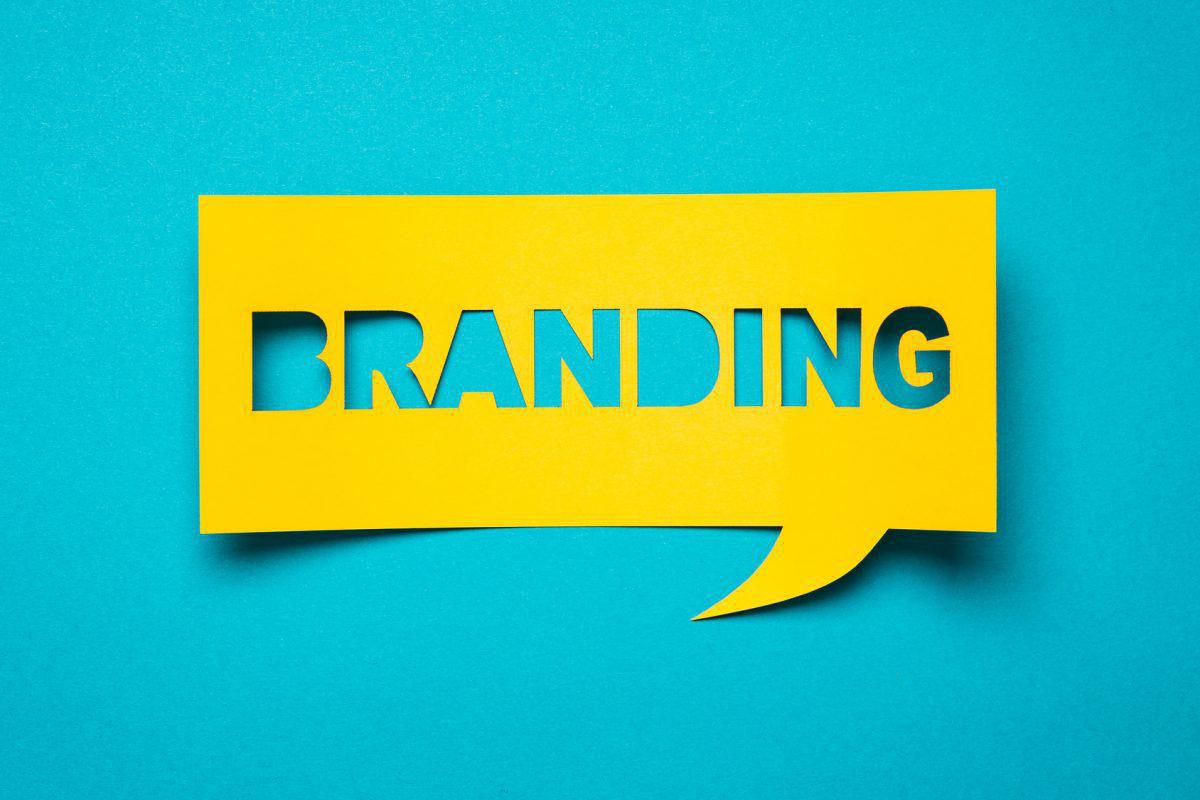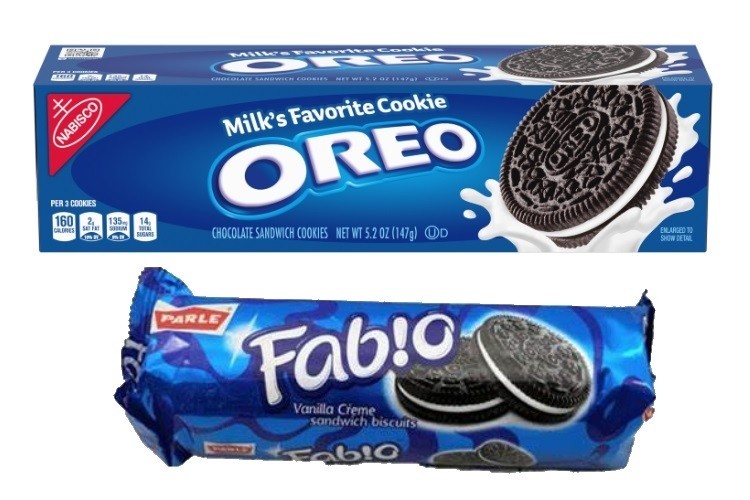Branding is a process of creating a strong, positive perception of your company, and its products in your customer’s mind by combining elements such as logo, design or consistent theme throughout all marketing communications. Today, a ‘brand’ has become the most valuable strategic asset of a company. According to latest report in 2021 by Brand Finance, the world’s leading brand valuation consultancy, the total valuation of the top 500 global brands is USD 7125.6 billion. Apple has topped the charts with a valuation of USD 263.4 billion, followed by Amazon valuing USD 254.2 billion and Google valuing at USD 191.2 billion. With the pandemic causing business disruption and changes in consumer behavior, it has become even more important for companies to build and protect their brands. A unique brand can have a huge impact on your bottom line by giving your company a competitive advantage over your rivals and helping you acquire and retain customers at a much lower cost. In this article, we will discuss solutions to the key legal challenges faced by a company’s when it comes to protecting their ‘brand’.







Leave a Reply